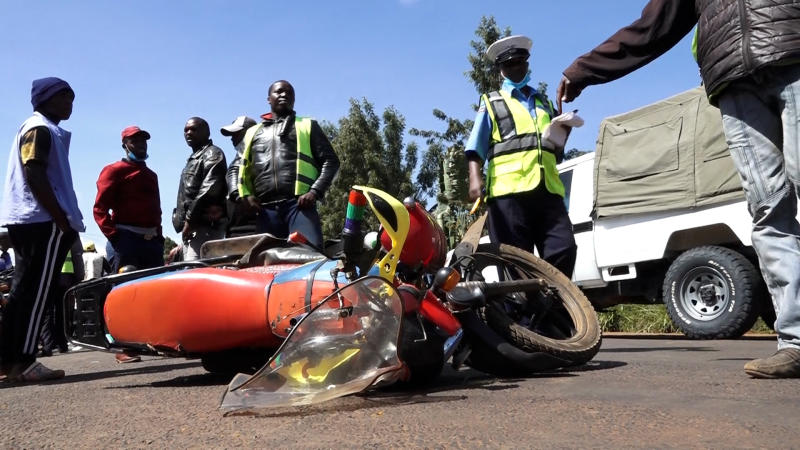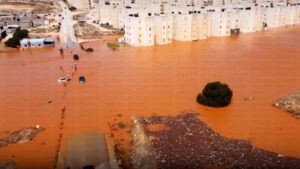In 2014, road accidents occurred every two minutes in Dubai due to the rare heavy rain across the country. My friend, a Dubai-based automotive expert, recently confirmed that this scenario replays itself in Dubai almost every year whenever it rains, albeit with varying degrees of intensity. That’s because heavy rain leads to poor driver visibility, slippery roads, the risk of debris and flying objects, and therefore an increased risk of accidents. Not even Dubai’s excellent roads are immune from rain-induced dangers.
El Nino is around the corner, which means that we will soon experience heavy rains and all that comes with them. We must, therefore, prepare to ensure road safety, especially for motorcycles. Failure to do so might result in increased road casualties.
Earlier this year, the National Transport and Safety Authority (NTSA) ranked motorcycles as the most dangerous mode of transport in 2022. By the end of that year, bodabodas had accounted for 1,209 fatalities, an increase from the 1,154 fatalities recorded in 2021. This is akin to wiping out the entire student body of a large secondary school, a heart-wrenching reality that demands our immediate attention and a nationwide commitment to safer roads before, during, and after the El Nino rains. Can you imagine the countless individuals suffering in hospitals or left incapacitated from such accidents?
These numbers represent people: fathers, mothers, daughters, sons, colleagues, and friends. Thus, I commend the legislative efforts underway to bolster motorcycle safety.
Kakamega Senator Boni Khalwale introduced the Public Transport (Motorcycle Regulation) Bill, 2023. This bill mandates that all bodabodas have two helmets that meet the standards set by the Kenya Bureau of Standards. Both riders and passengers must wear helmets and reflective jackets. Non-compliance will result in punitive measures. Importantly, the bill dictates that a child under nine years must ride with an adult, seated between the rider and the adult, and must wear a child-appropriate helmet. Given that bodabodas transport hundreds of thousands of children to school daily, ensuring their safety is paramount.
I urgently appeal to the parliament to fast-track this bill’s passage so the President can sign it into law. Once enacted, our esteemed Police Service must enforce it impartially, for it concerns our very lives.
Kenyans also bear the responsibility of promoting road safety, particularly motorcycle safety. Specifically, the millions who ride bodabodas daily should insist on quality helmets before beginning their journey. It’s a matter of life and death.
As the Chairman of the Motorcycle Assemblers Association of Kenya, in collaboration with parts and accessories manufacturers, I pledge to significantly enhance the number and quality of helmets used on our roads.
According to the UN Road Safety Fund, when used correctly, certified motorcycle helmets can decrease the chance of a severe head injury by 69% and the risk of death by 42%.
Rwanda, one of the few African countries to widely accept helmet usage both legislatively and socially, has faltered regarding quality certification. As a result, the UN Road Safety Fund notes that helmets from Kigali failed independent lab impact tests, proving inadequate against serious head injuries. To a large some extent, this has been Kenya’s narrative as well.
A significant portion of imported helmets pose severe health risks as they shatter upon minimal impact. Fortunately, locally produced helmets like BodaPlus now meet high international safety standards. Besides safety and since they are locally manufactured, these helmets also provide jobs and boost our economy.
I warmly urge every reader of this article to bear a profound responsibility to become an ambassador of motorcycle safety, especially with the looming El Nino rains threatening unparalleled road hazards. Once we forearm our 2.5 million Bodaboda riders and road users, with knowledge and awareness, they stand armed against danger. Your voice can safeguard lives. Choose to be the change. Think green, act green



